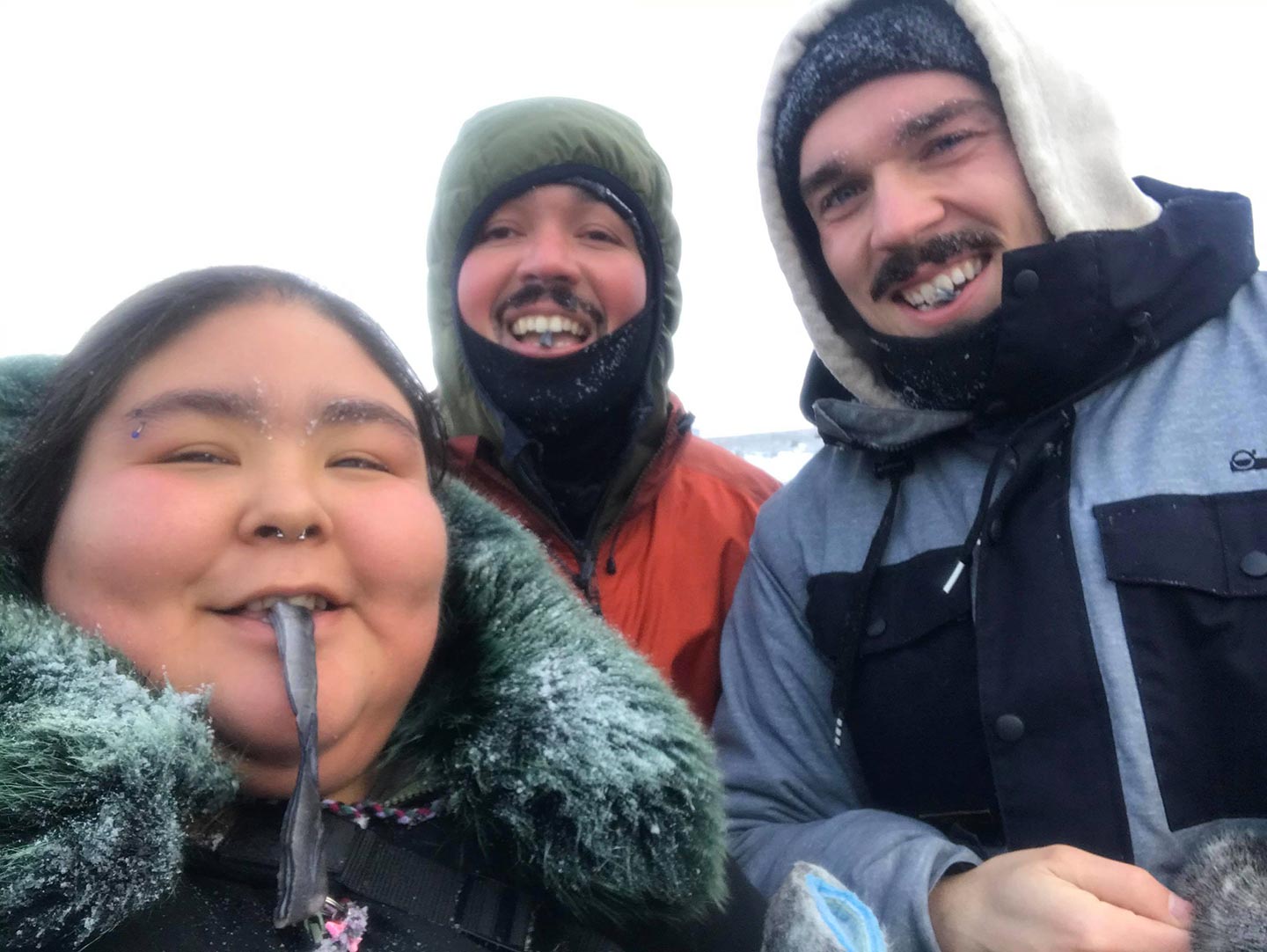LITTORAL CHAIR RESEARCH PROJECT
BriGHT
Bridging Global Change, inuit Health and the Transforming Arctic Ocean

Context
Traditional foods are a vital part of Inuit culture and subsistence in the Arctic. The accessibility, abundance, visual appearance and nutritional value of traditional marine foods, such as mussels, fish and marine mammals, are closely linked to the light environment via the photosynthetic production of microalgae. Microalgal biomass represents the main pathway for energy, contaminants and many vital and health-enhancing molecules into the food web, such as omega3-s and carotenoids used for vitamin A synthesis. However, it is unknown how the quality and quantity of these compounds will be affected throughout the marine food web by climate-driven changes in ice cover, light availability and the physico-chemical properties of Arctic sea water, and how this response will affect Inuit food choices, health and well-being.
Objectives
- Assess the synergistic effects of light, warming of sea water, acidification and nutrient availability on contaminant accumulation and the production of health-enhancing molecules in microalgae
- Model the transfer of these compounds from algae to the upper food web
- Quantify these compounds in marine foods and the blood of Inuit with respect to their traditional food consumption patterns, the visual appearance of marine foods, and various indicators of food security, well-being and health
- Deploy novel genomic approaches to track changes in the availability of traditional marine foods
Team members involved
Funded by
Principal investigators
- Jean-Eric Tremblay (Université Laval)
- Mélanie Lemire
Co-investigators
- Jean-Sébastien Moore
- Philippe Archambault
- Pierre Ayotte
- Johann Lavaud
- Frédéric Maps
- Guillaume Massé
- Louis Bernatchez
Partners
- Makivik Corporation (Ellen Avard)
- Nunavik Marine Region Wildlife Board (Tommy Palliser)
- Fisheries and Oceans Canada (Mike Hammill)
- Nunavik Regional Board of Health and Social Services
- Nunavik Nutrition and Health Committee
